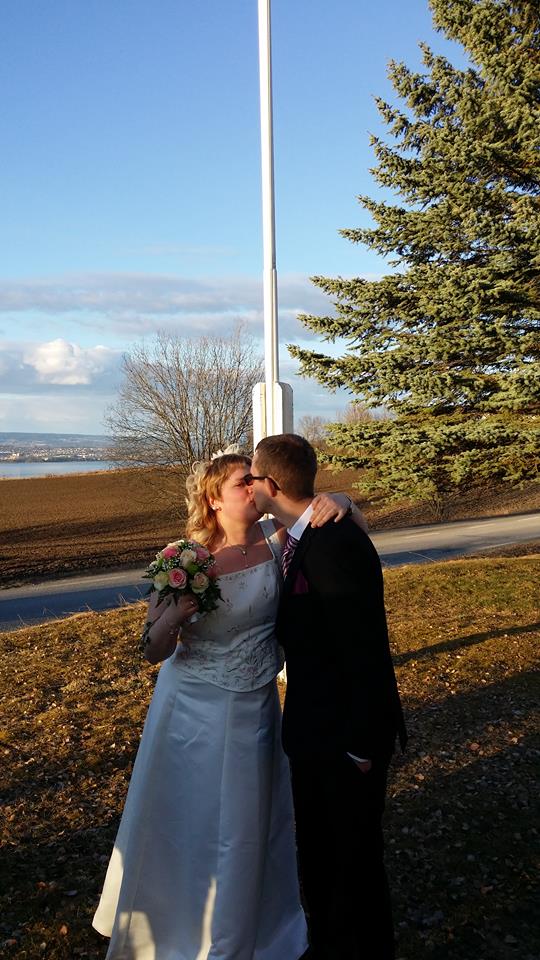Sexual Health
4. Socialisation and sexuality
4.1. Socialisation
Human sexuality undergoes a socialisation process from cradle to grave, while multiple aspects affect your behaviour: culture, religion, law, sexual habits, linguistic and social constructions. Everyone is born into the world with different prerequisites and opportunities, that provide a basis for human development and interaction with the environment and culture.
Sexuality is not static, but relational because human beings live in social reality. Social construction is the interaction between individual assumptions and sexuality. In a complex interaction, the individual affects society as well as society affects the individual. Culture and relationships change people all the way down to the smallest detail. Behaviour maintained (increased) by reinforcement or reduced by negative environmental claims tells us whose behaviour is not acceptable. The individual's script modifies and adapts itself into the cultural environment.
Social scripts conceptualize mental representations individuals construct to make sense of their experience, including their own behaviour as well as others’. To understand the interaction between themselves and the environment, young people and adults with ID, as well as parents, have the advantage of being conscious of their sexual history. When you have reflected upon your history, it is easier to gain insight of positive and negative experiences regarding the body, gender identity and sexuality. This insight may also affects attitudes (1).
ACTIVITIES:
- Go as far back as you remember in your sexual history: What positive and negative events do you remember? What situations are your clearest memories? Why? What do these situations mean in your life today? What have these experiences done to you as a person and to your life?
- Try to remember the first person who told you about good emotions connected to sexuality.
- Think of the kind of words you use when you talk about sexuality. Do you think your child understands these words? Do your feel free and confident when you use these words? Do you feel that you have proper words to use in a conversation with your child about sexuality?

 Photo: W. Fjeld
Photo: W. Fjeld

